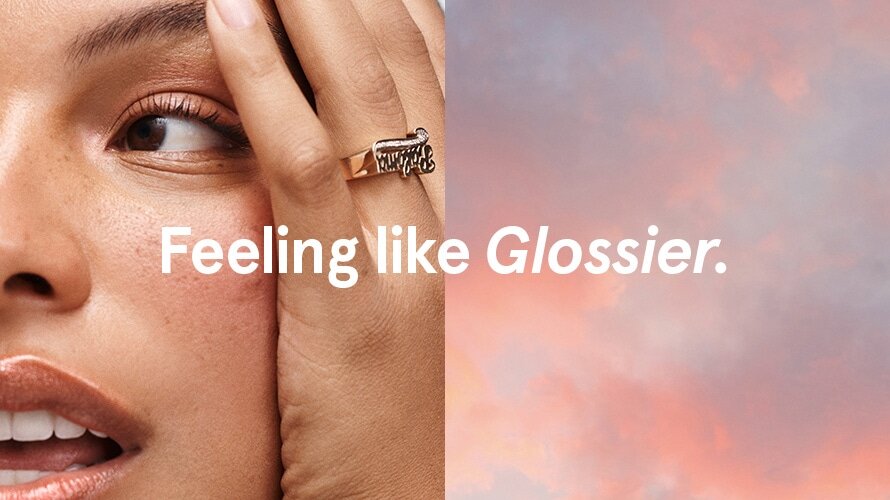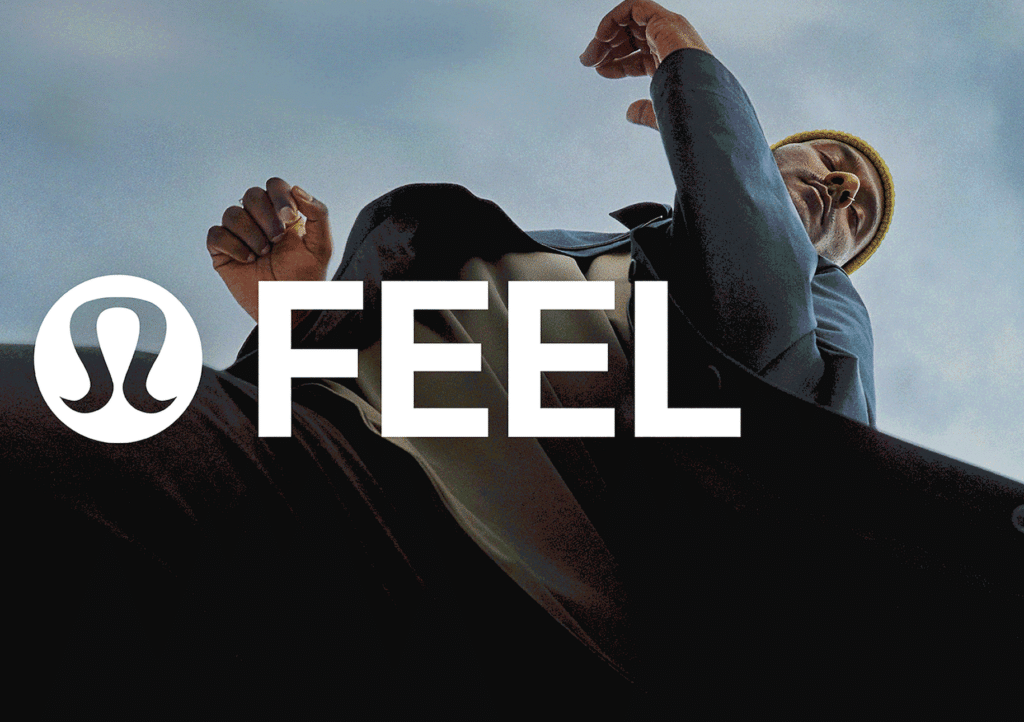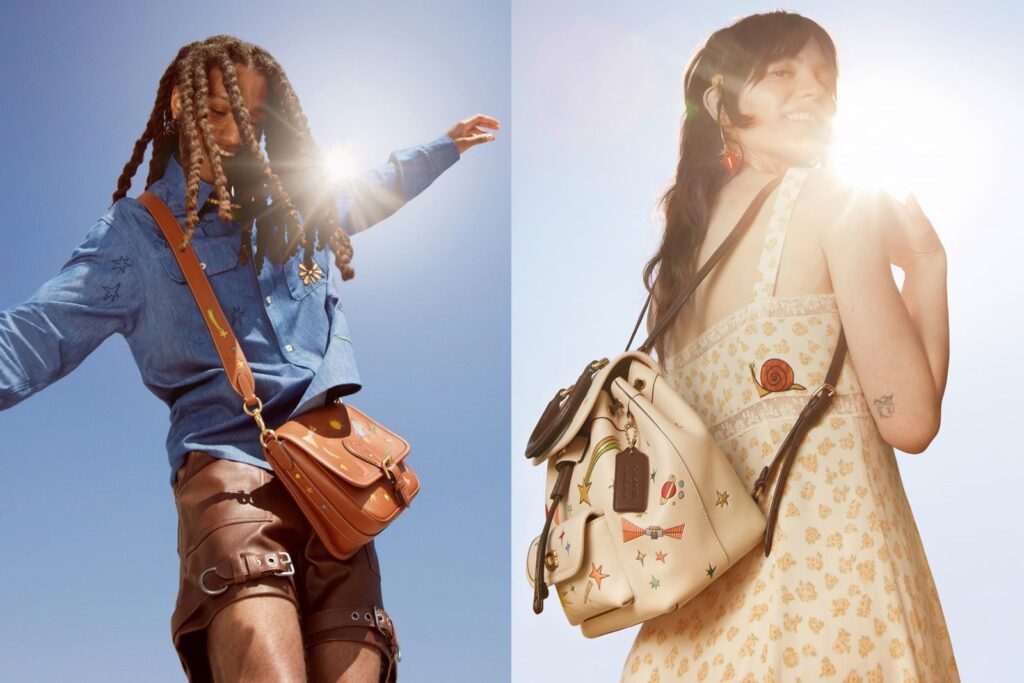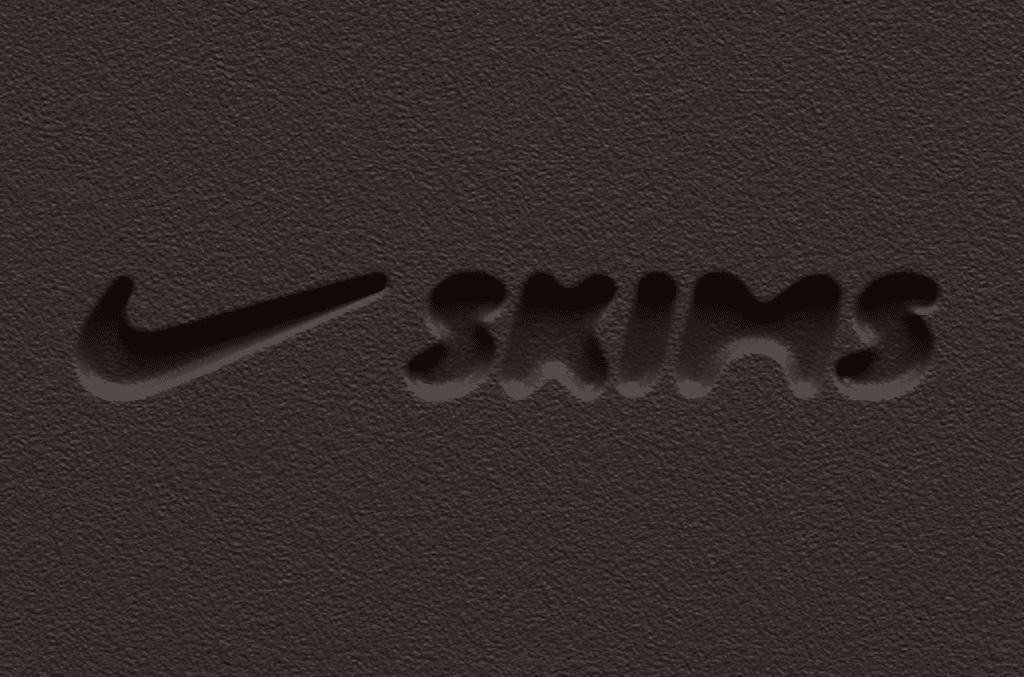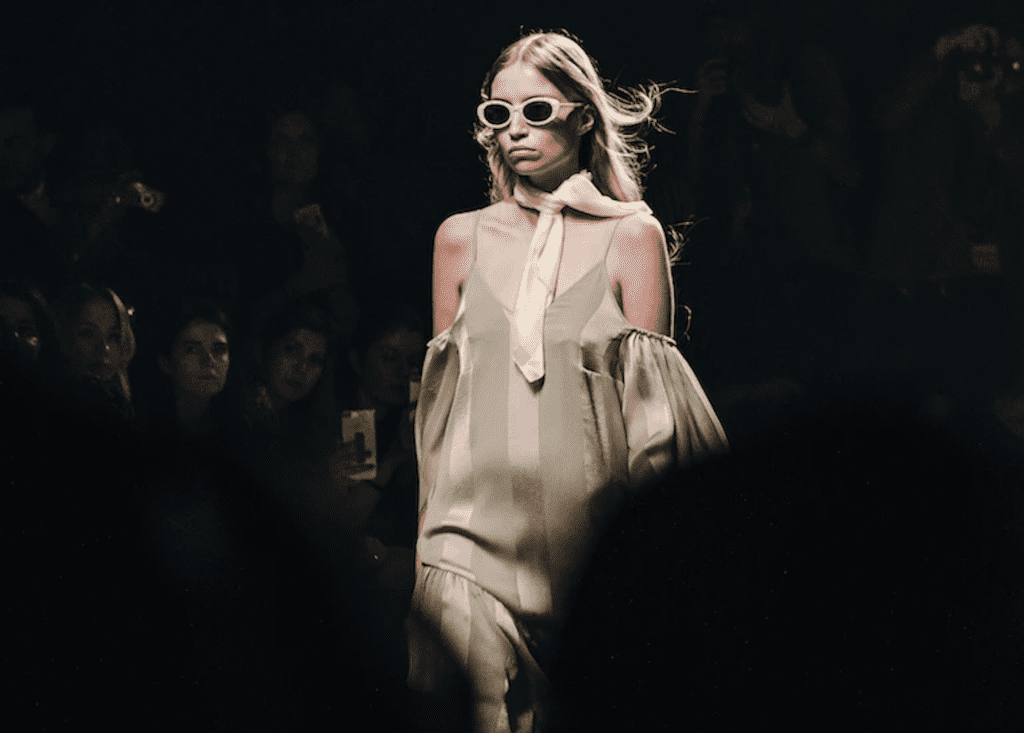Traditional beauty products (and the brands behind them) are out of fashion for Gen Z consumers, those born between 1996 and 2010, and in their place is a “more of a skincare-centric market,” according to Piper Jaffray’s managing director and senior research analyst Erinn Murphy. Reflecting on the investment bank and financial services firm’s semi-annual Taking Stock With Teens report, which surveys 9,500 teens across 42 U.S. states to dissect their spending habits and brand preferences, Murphy says that there has been a “really significant shift in behavior towards skincare and that’s been kind of the big trend.”
With female teens actively reprioritizing their spending, cosmetics sales for this segment of young consumers has dropped by 20 percent compared to this same survey period last year, the lowest it has been in nine-and-a-half years, according to Piper Jaffray. This notion was echoed by CNBC last month, which reported that “the prestige cosmetics market, which includes brands like Estee Lauder’s MAC and Bobbi Brown, has been soft since the end of 2017 and into 2018,” citing data from the NPD Group, with deceleration expected to continue as young women continue to swear off makeup or opt for a more minimal approach from the likes of younger brands.
In a note this spring, J.P. Morgan’s Chris Horvers warned of “a broader slowdown in color cosmetics demand.” UBS analysts agreed more recently, writing last month that “consumers are spending more on skincare at the expense of makeup.”
Yes, while beauty products are falling from favor, an emphasis on skincare is emerging in its place. There is a large-scale shift away from traditional beauty products, namely, makeup, to skincare, particularly as we are “starting to see consumers use skincare a lot younger than they have in the past,” per Murphy.
The rise in interest in skincare has been met with brands rushing to the market. Amazon, for one, launched its first foray into skincare in March by way of Belei, a 12-product range collection, which consists of cleansing wipes, moisturizers, masks, and serums, all with price tags of less than $40. The products themselves – whether it be Micellar Cleansing Facial Wipes, the Charcoal Balancing Mask, the Dark Spot Solution Serum, or the Triple-Peptide Eye Cream – are all packed with the buzzy ingredients that beauty experts have been pushing, from vitamin C and retinol to hyuralonic acid. It recently rolled out the brand to the European market, which could be viewed as a potential sign of early success in the U.S.
Meanwhile, Kylie Jenner, the youngest of the Kardashian/Jenner reality television clan, launched her Kylie Skin line in May. The 22-year old has added Walnut Face Scrub, Vanilla Milk Toner, Vitamin C Serum, and Eye Cream, among other products to her existing lineup of Kylie Cosmetics eyeshadows, lip glosses, blushes, and bronzers, likely to hedge her bets as heavily made-up looks and trends, such as contouring, continue to lose steam and brands like Glossier and Drunken Elephant build billion dollar brands thanks with more natural-looking cosmetics and potent vitamins and minerals.
And still yet, natural skincare products are being brought to market en masse. “Launches of vegan beauty products increased by 175 percent between 2013 and 2018,” according to Mintel’s Global New Products Database, largely driven by the demands of Gen Z and millennial consumers.
One final striking takeaway from Piper Jaffray’s survey findings: 91 percent of female teens say that they prefer shopping for beauty in-store vs. online. That helps explain why brands like Glossier, for instance, are emphasizing the pop-up shop experience to complement its permanent brick-and-mortar outposts in New York and Los Angeles. After all, brands would be missing out on some of the $830 billion in annual U.S. retail sales that Gen Z consumers, alone, are responsible for.




